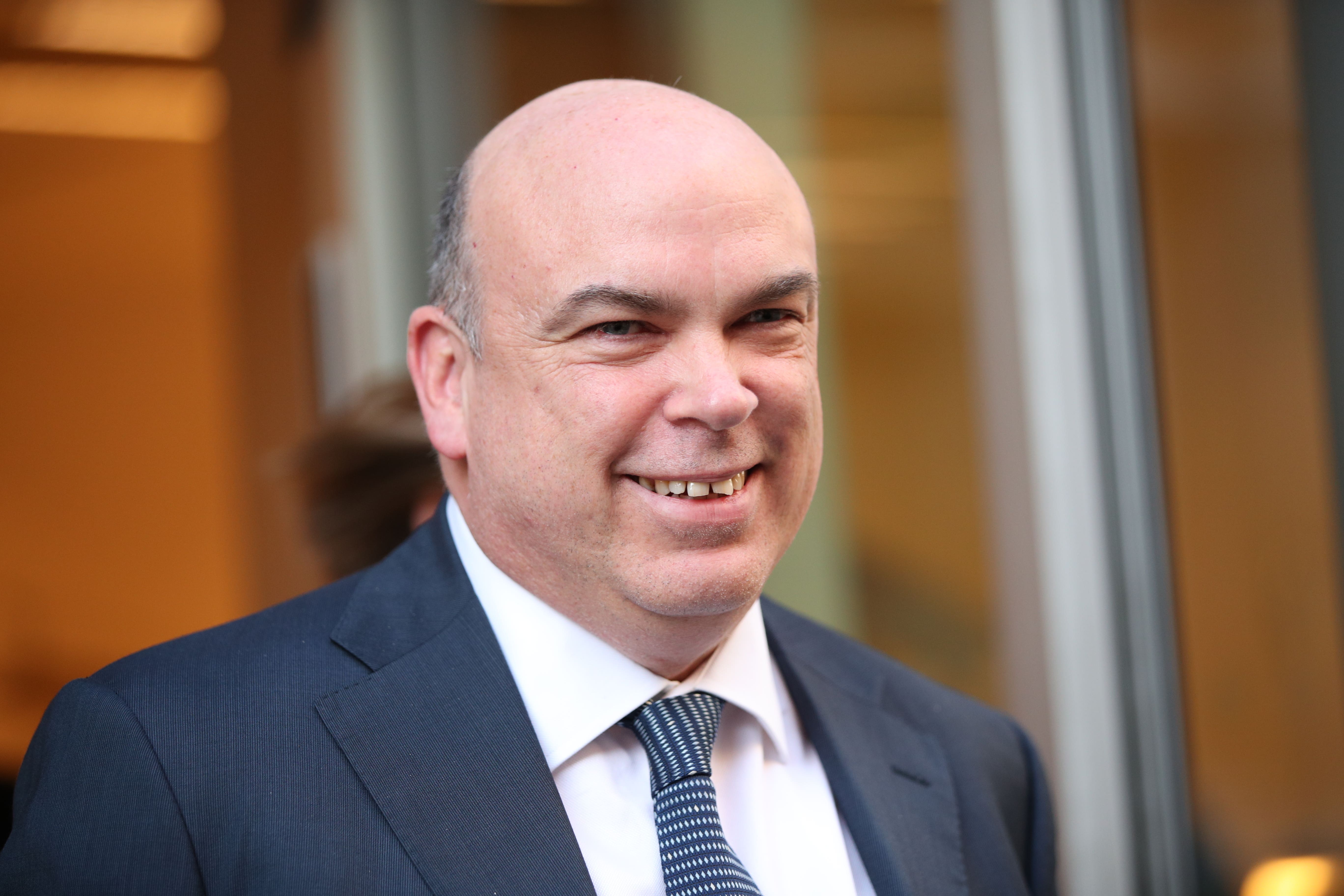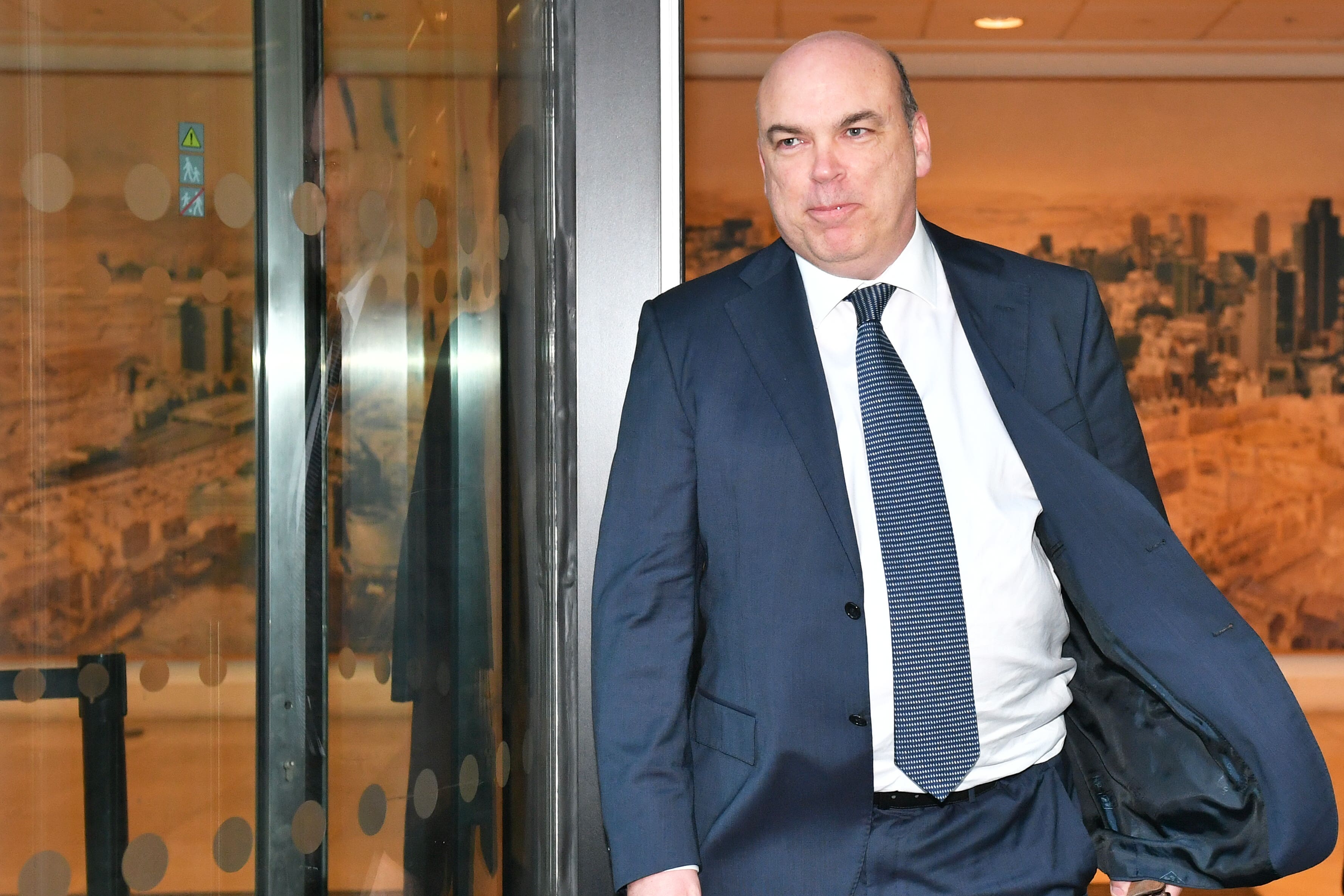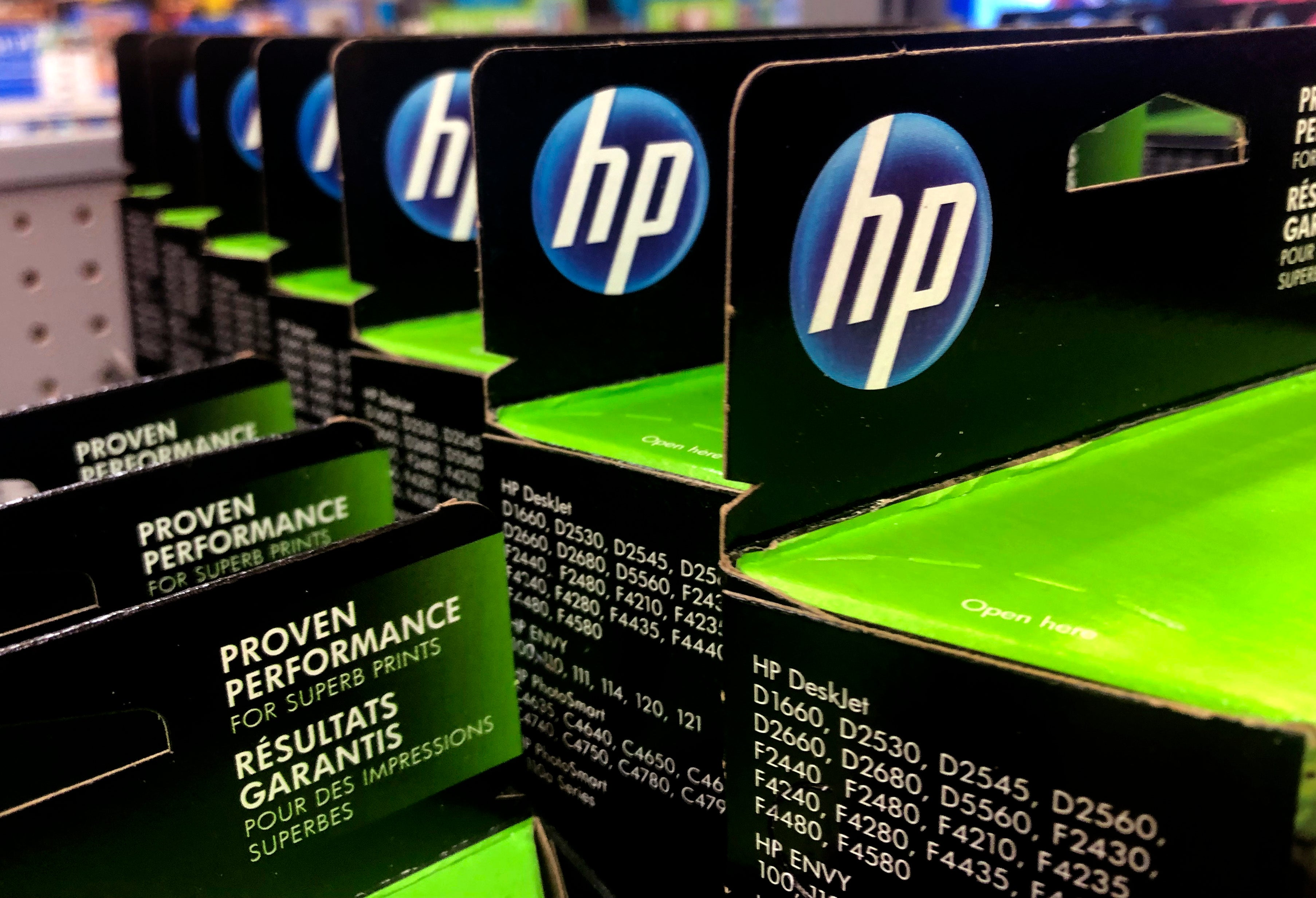Tech mogul Mike Lynch cleared over multi-billion dollar sale of Autonomy to HP
British tech entrepreneur cleared of fraud charges

Your support helps us to tell the story
From reproductive rights to climate change to Big Tech, The Independent is on the ground when the story is developing. Whether it's investigating the financials of Elon Musk's pro-Trump PAC or producing our latest documentary, 'The A Word', which shines a light on the American women fighting for reproductive rights, we know how important it is to parse out the facts from the messaging.
At such a critical moment in US history, we need reporters on the ground. Your donation allows us to keep sending journalists to speak to both sides of the story.
The Independent is trusted by Americans across the entire political spectrum. And unlike many other quality news outlets, we choose not to lock Americans out of our reporting and analysis with paywalls. We believe quality journalism should be available to everyone, paid for by those who can afford it.
Your support makes all the difference.British tech mogul Mike Lynch has been cleared of fraud charges over the multi-billion dollar sale of his company Autonomy to HP.
The Autonomy founder was acquitted by a jury in San Francisco on Thursday, in a major win for the entrepreneur who has been dogged by legal problems since the disastrous sale of his company for $11 billion in 2011.
Representatives for Lynch and US prosecutors said Lynch was acquitted on all 15 charges - one count of conspiracy, and 14 counts of wire fraud, each connected to specific transactions or communications.
Former Autonomy finance executive Stephen Chamberlain, who faced the same charges at trial alongside Lynch, was also acquitted on all counts, the Lynch representative said.

The trial where prosecutors said Lynch and Chamberlain schemed to inflate Autonomy’s revenue was the latest chapter in a legal saga stemming from the failed deal.
The Autonomy sale was one of the biggest British tech deals at the time but quickly went sour, with HP writing down Autonomy’s value by $8.8 billion within a year.
At the trial, which lasted three months, jurors heard from more than 30 government witnesses including Leo Apotheker, the former HP CEO who was fired weeks after the Autonomy deal was announced.
Lynch also took the stand in his own defense at the trial, denying wrongdoing and telling jurors that HP botched the two companies’ integration.
Prosecutors said Lynch and Chamberlain padded Autonomy’s finances in several ways, including back-dated agreements and “round-trip” deals that fronted cash to customers through fake contracts.

Lynch‘s legal team argued at trial that HP was so eager to acquire Autonomy ahead of potential competitors that it rushed through due diligence before the sale.
On the stand, the Cambridge University-educated entrepreneur said he had been focused on tech issues, and entrusted money matters and the accounting decisions at issue to Sushovan Hussain, Autonomy’s then-chief financial officer.
Hussain was separately convicted in 2018 at a trial in the same court on charges related to the deal with HP. He was released from U.S. prison in January after serving a five-year sentence.
Lynch was one of the UK’s leading tech entrepreneurs, drawing comparisons to Apple cofounder Steve Jobs and Microsoft cofounder Bill Gates.
Lynch turned ground-breaking research at Cambridge into the foundation of Autonomy, which became Britain’s biggest software company and a member of the blue-chip FTSE 100 index.
He was lauded by academics and scientists and asked to advise the British government on technology and innovation.
The Autonomy acquisition was meant to fuel HP’s software business. Instead, it spawned a series of bitter and expensive legal battles.
HP largely won a civil lawsuit against Lynch and Hussain in London in 2022, though damages have not yet been decided. The company is seeking $4 billion.
Join our commenting forum
Join thought-provoking conversations, follow other Independent readers and see their replies
Comments